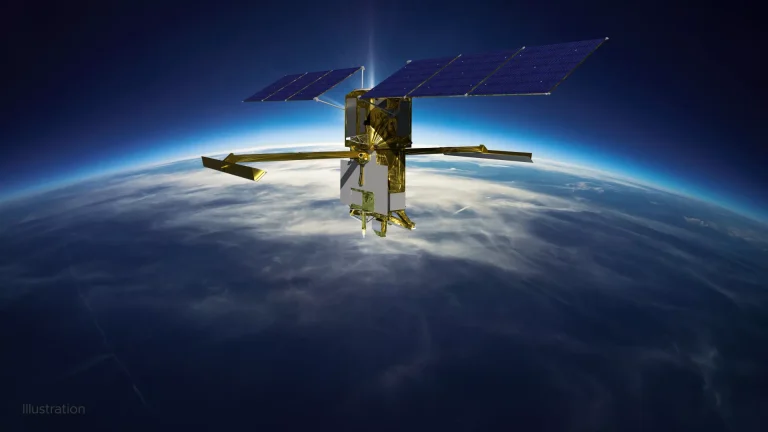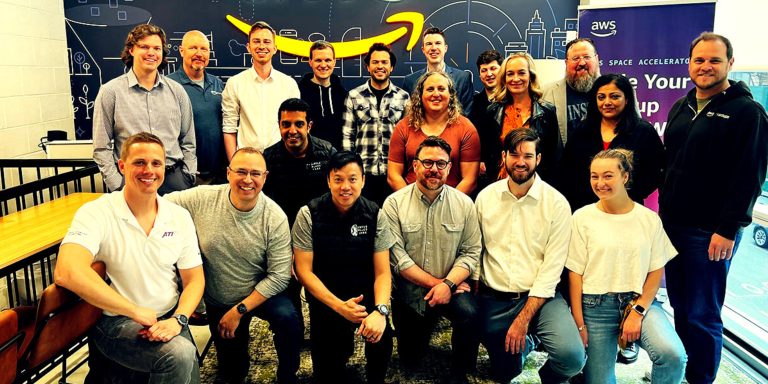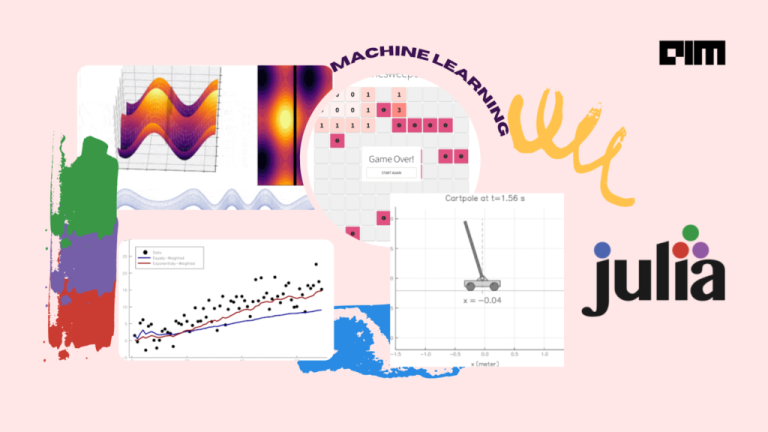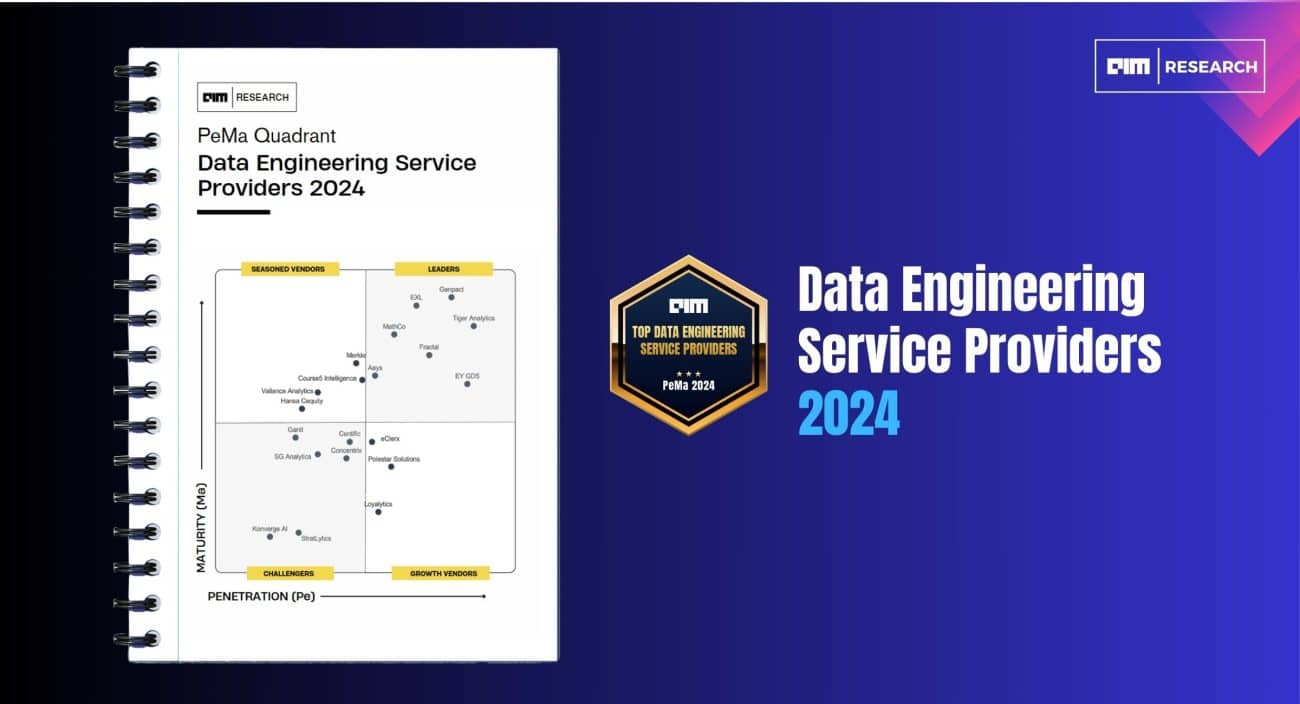NASA has set its eyes on the next Mars expedition in 2020. The Mars Rover will be equipped with equipments like Raman spectrometer to analyse crystal structures to analyse rocks found on the planet. Amidst a new array of problems with the Mars Rover communication system, the teams at NASA and affiliated institutions are working hard to tackle issues like landing the spacecraft more accurately and introducing onboard computing to reduce Earth to Mars communication.
However, the key question – where would one land a robot on Mars? This is one of the many questions the Mars Exploration Rover team is grappling with, and artificial intelligence (AI) will be leveraged to find a solution. The project costed over $6.2 billion to build and the US administration is now looking to make the most of this investment.
MIT researchers have an intelligent system that works on discovery to help Mars mission to plan and make motion decisions. MIT’s Kavli Institute for Astrophysics and Space Research published a study on an intelligent system in Earth and Space Science journal. When talking about the usefulness of such an intelligent system, Victor Pankratius, principal research scientist, said, “This is never going to replace the actual committee, but it can make things more efficient because you can play with different scenarios while you’re talking.”
The intelligent system automatically produces a map of favourable and safe landing sites for the rover. It will be useful if a rover is able to land in a place where there are more chances for exploration of lakes.
Fuzzy Logic And The Mars Grid
The software uses a very old and traditional aspect of AI known as “fuzzy logic” which is a mathematical area which clusters together objects and concepts in a probabilistic manner. “Traditionally this idea comes from mathematics, where instead of saying an element belongs to a set, yes or no, fuzzy logic says it belongs with a certain probability, thus reflecting incomplete or imprecise information,” Pankratius explains.
Just switched to my Side-A computer so the team can diagnose a tech issue with the B side. (I carry two computers for situations like this.) Redundant systems: don’t leave Earth without them. https://t.co/e2jHXkNHXN pic.twitter.com/LMeBMJ54mU
— Curiosity Rover (@MarsCuriosity) October 3, 2018
The software is critical and is responsible for calculating the chances of the rover climbing a slope based on its steepness. All these decisions feed into the landing space selection. The researchers decided to go ahead with this family of techniques since it can also express the uncertainty of the problem and Fuzzy Logic is a good way to handle imprecision. Maps that are created with Fuzzy Logic lead to creating favorability maps and they cover the entire planet. The maps are in the form of grids of 3 square kilometers and a probability is attached to each cell between 0 and 1. The researchers believe that as the data on Mars and Earth improves, analyses will continue to be more accurate.
AEGIS And The Mars Robot Population
Recently an effort to accelerate scientific discoveries on Mars also was unveiled. AEGIS stands for Autonomous Exploration for Gathering Increased Science. Raymond Francis, working with Jet Propulsion Laboratory’s AEGIS software team says,“Right now Mars is entirely inhabited by robots,and one of them is artificially intelligent enough to make its own decisions about what to zap with its laser.”
Another goal of AEGIS is to pick interesting rock and help to analyse their composition in coordination with NASA. Robots send signals back to earth and wait for instructions but the time lag is too huge. With the help of onboard intelligence now in little more than 90 seconds the robot can target, zap, and analyze the findings. It can’t be used when battery is very low. One of the most important aims is to accurately shoot rocks and with precision. To correct the aim, the robots take some time to correct the aim but it has shown great improvements.
As space missions get more advanced there will be more advanced edge computing on rovers and the robots. Today’s space devices already do lot of advanced actions like identifying water and analyse images. But AI systems take this up a notch since they enhance onboard capabilities and reduce idle time for rovers. Not only do A.I. systems reduce idle time, but they can open up new capabilities. “In the future, orbiters, rovers, and aerial vehicles could autonomously organize and coordinate to better explore distant worlds,” says Steve Chien from Jet Propulsion Laboratory of NASA.
The Last Word
In a recent statement by NASA named AI Will Prepare Robots For The Unknown, the space exploration agency stressed that it wants to get the rovers ready for uncertainty. “We don’t want to miss something just because we didn’t know to look for it. We want the spacecraft to know what we expect to see and recognize when it observes something different.” said Wagstaff, a principal data scientist with JPL’s machine learning group. This approach of making space explorations smarter might be one of the most important frontier of AI and robotics in the next two decades.








































